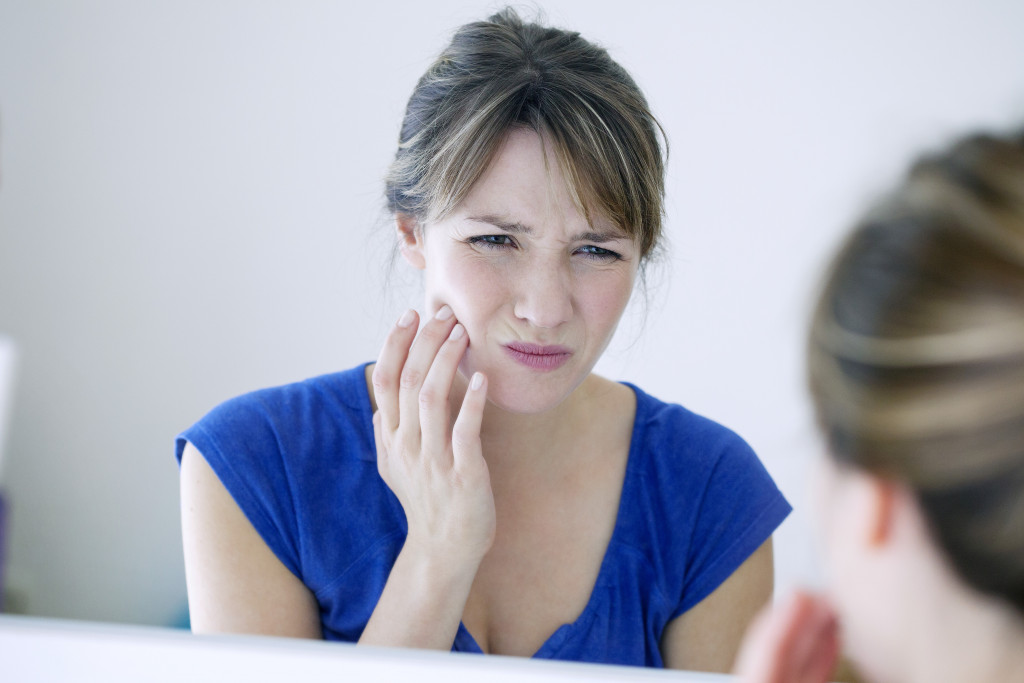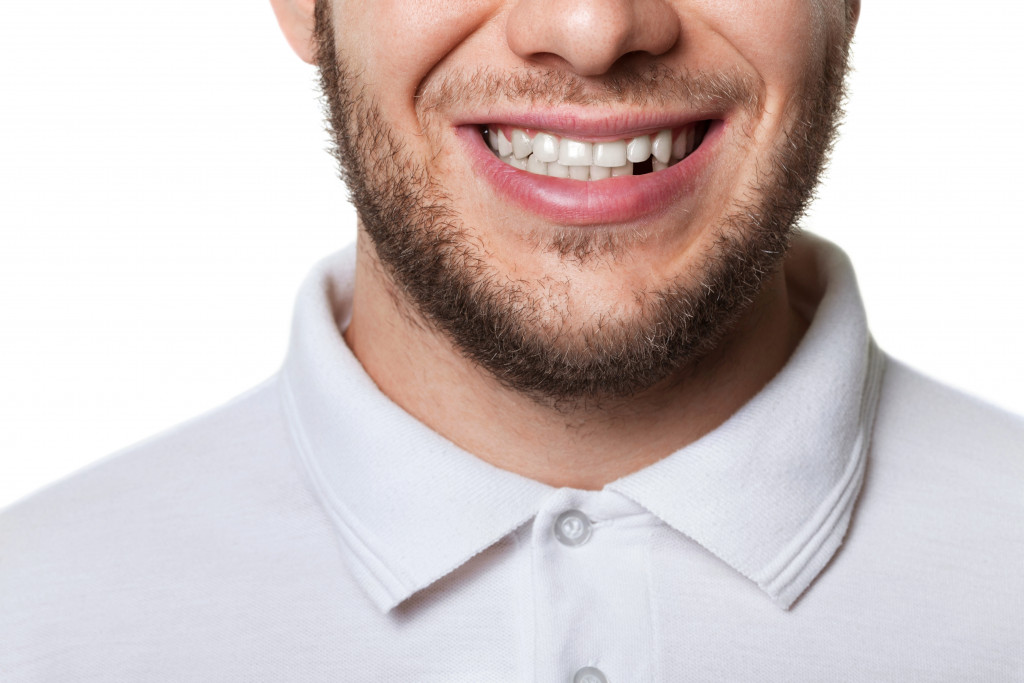Most people know that missing teeth can lead to a host of dental problems, but they may not know that there are several other risks associated with tooth loss. This blog post will discuss five of the dangers that are connected to missing teeth. Each of these risks can severely impact a person’s health, so it is essential to be aware of them.
Increased Risk of Gum Disease
One of the most common risks associated with missing teeth is an increased risk of gum disease. The gums can become irritated and inflamed more easily when teeth are missing. This can lead to periodontal disease, a severe condition damaging the mouth’s gums, bones, and connective tissue.
You may be more likely to develop gum disease if you have missing teeth because it can be challenging to keep your mouth clean. Food and bacteria can build up in the gaps when teeth are missing. This can cause the gums to become irritated and inflamed. If you have gum disease, you may experience bleeding gums, bad breath, and pus around the teeth.
Difficulty Eating
You may find it difficult to eat if you have missing teeth. This can lead to problems such as weight loss and malnutrition. Chewing can also be difficult, which may cause you to avoid certain foods altogether. This can limit your nutrient intake and make it difficult to get your body’s nutrients.
If you have trouble chewing, you may want to avoid hard foods or chew with your back teeth. You can also try pureed foods or soft foods that are easy to eat. Eating a balanced diet is essential for maintaining your health, so be sure to talk to your doctor or dentist if you are having trouble eating.
Speech Impairment
Missing teeth can also lead to speech problems. This is because teeth play an important role in how we speak. The tongue, lips, and teeth all work together to produce clear speech. When teeth are missing, it can be difficult to produce certain sounds correctly. This can lead to a lisp or other speech impairments.
For example, the letter “s” is produced by placing the tongue behind the teeth. It can be difficult to place your tongue in the correct position if you have missing teeth. If you are having trouble speaking, you may want to see a speech therapist. They can help you learn how to produce sounds correctly.
Bones Loss
Your teeth are held in place by your jawbone. When you lose teeth, the bone around the tooth begins to break down. This process is called resorption. Over time, this can lead to a loss of bone density in the jaw. This can cause the jaw to become weak and misshapen.
A decrease in bone density can also lead to a loss of height. This is because the bones in your spine are connected to your jawbone. If the jawbone becomes weak, it can pull on the spine and cause you to lose height.

Jaw Pain
While missing teeth can cause the jawbone to deteriorate, it can also lead to pain in the jaw joint. This is the joint that connects your lower jaw to your skull. When you lose teeth, it can change the way your teeth bite together. This can put stress on the jaw joint and cause pain when you move your mouth.
You may want to see a dentist or oral surgeon if you are missing teeth. They can help you find the best way to replace your teeth. Dental implants are one option that can help to support the jawbone and prevent further deterioration. With proper care, these implants can last a lifetime.
Embarrassment
Lastly, missing teeth can cause embarrassment. This is because your smile is one of the first things people notice about you. If you are self-conscious about your teeth, you may avoid smiling or talking to people. This can lead to social isolation and feelings of low self-esteem.
You should talk to your dentist about your options for replacing missing teeth. There are many options available, and they can help you find the best solution for your needs. You can regain your confidence and enjoy a healthy smile with proper treatment.
There you go! These are the five risks associated with missing teeth. Be sure to talk to your dentist if you are missing any teeth. They can help you find the best way to replace them and protect your oral health. So don’t wait; get your teeth checked today!

